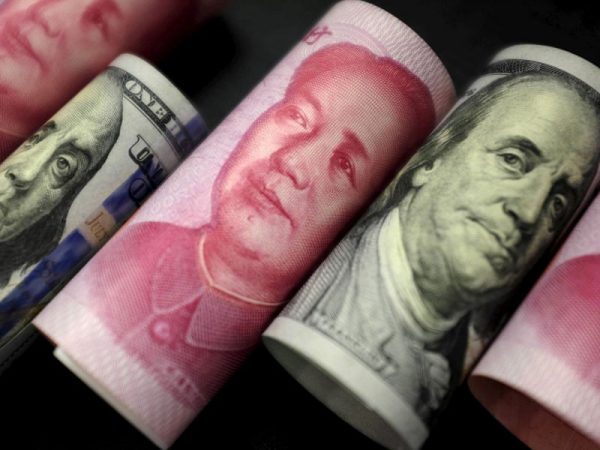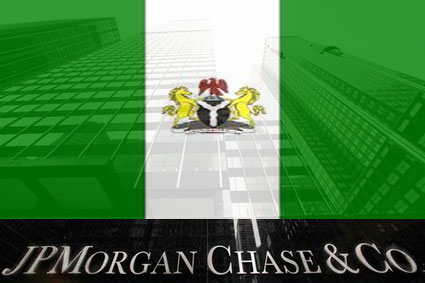Group Blames Speculators For Rejected 37,000 Tonnes Of Cashew
 The Federation of Agricultural Commodity Associations of Nigeria has heaped the blame for the rejection of 37,000 tonnes of Nigerian cashew by Vietnamese buyers, on Nigerian and foreign produce merchants, who engage in speculative buying in the Nigerian produce market.
The Federation of Agricultural Commodity Associations of Nigeria has heaped the blame for the rejection of 37,000 tonnes of Nigerian cashew by Vietnamese buyers, on Nigerian and foreign produce merchants, who engage in speculative buying in the Nigerian produce market.
The President, FACAN, Dr Victor Iyama, disclosed this to our correspondent on Thursday.
Iyama said people were in the habit of rushing to the market and just paying any price on produce, no matter how high.
He equally blamed foreigners who come into the Nigerian market and overprice the produce because they wanted to get ahead of the competition.
He said, “It is a lesson for us that we should not just rush into the market and buy at any price we see, and escalate prices in the process.
“The government needs to check the influx of foreigners into the Nigerian produce market. They come in because they have money and the moment they see somebody pricing produce, they go ahead and offer to pay a higher price. Eventually, the produce price becomes very high locally.”
The Deputy Executive Secretary, FACAN, Mr Peter Bakare, had explained that 37,000 tonnes of cashew exported from Nigeria to Vietnam were rejected because of high price of the commodity.
He said that the price volatility was due to the lack of conducive business environment that had made the price of raw cashew from Nigeria to be higher than the price of finished product in the international markets.
He said, “The banks in Vietnam that usually provide the loans to their buyers for purchase complained that the prices of the finished products are less than the price of raw materials.
“The Vietnam financial institutions, therefore, backed out of the business, stressing that it is not a profitable venture for its farmers, so the produce are stuck in Vietnam now,’’ he said.
On what next for the exporters, Iyama responded that the expectation was towards the next cashew season which would be February.
He said, “I am advocating that more of our cashew should be processed and consumed locally. Also, we should sell more of the processed ones instead of raw cashew.”
He pointed out that cashew was not on the terminal market, and so the price was subject to negotiation.
“People can renege on the contract they made with the sellers, giving all kinds of excuse. They can say, for instance, that the shipment came late, especially with the situation we are currently experiencing at the ports.”
On the estimated loss to the operators, Iyama said it could not be determined yet, adding that in the new season, it would be possible to assess what was sold and leftover, as well as the profit and the losses.







